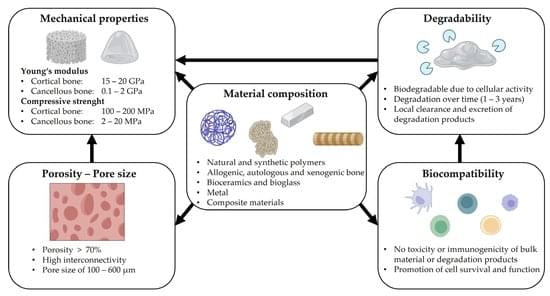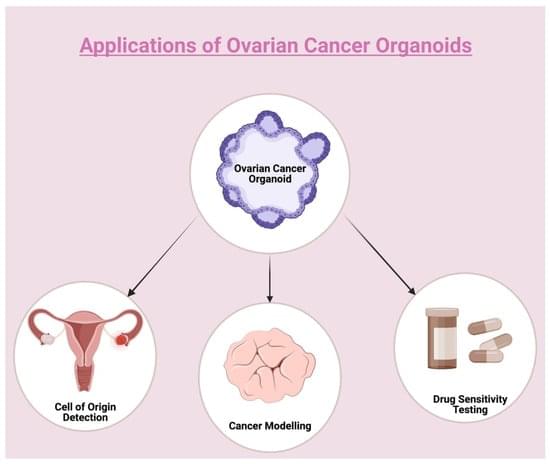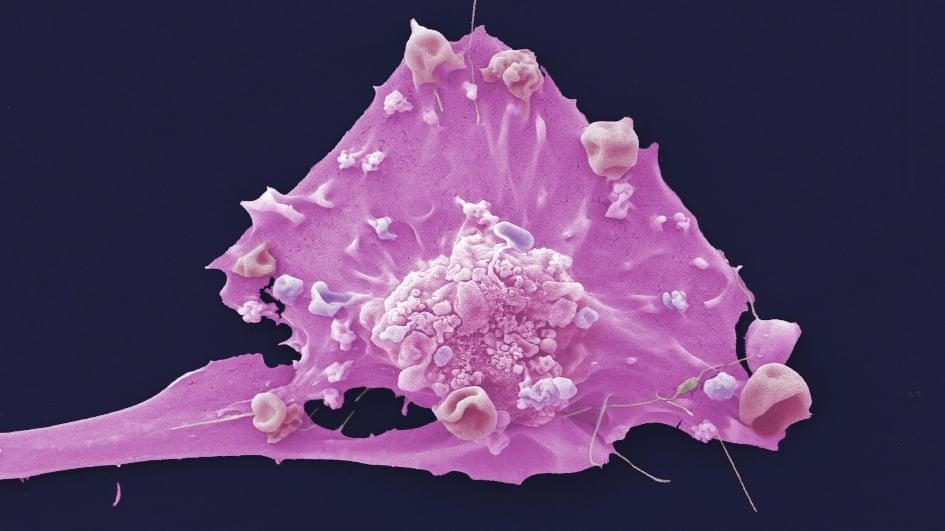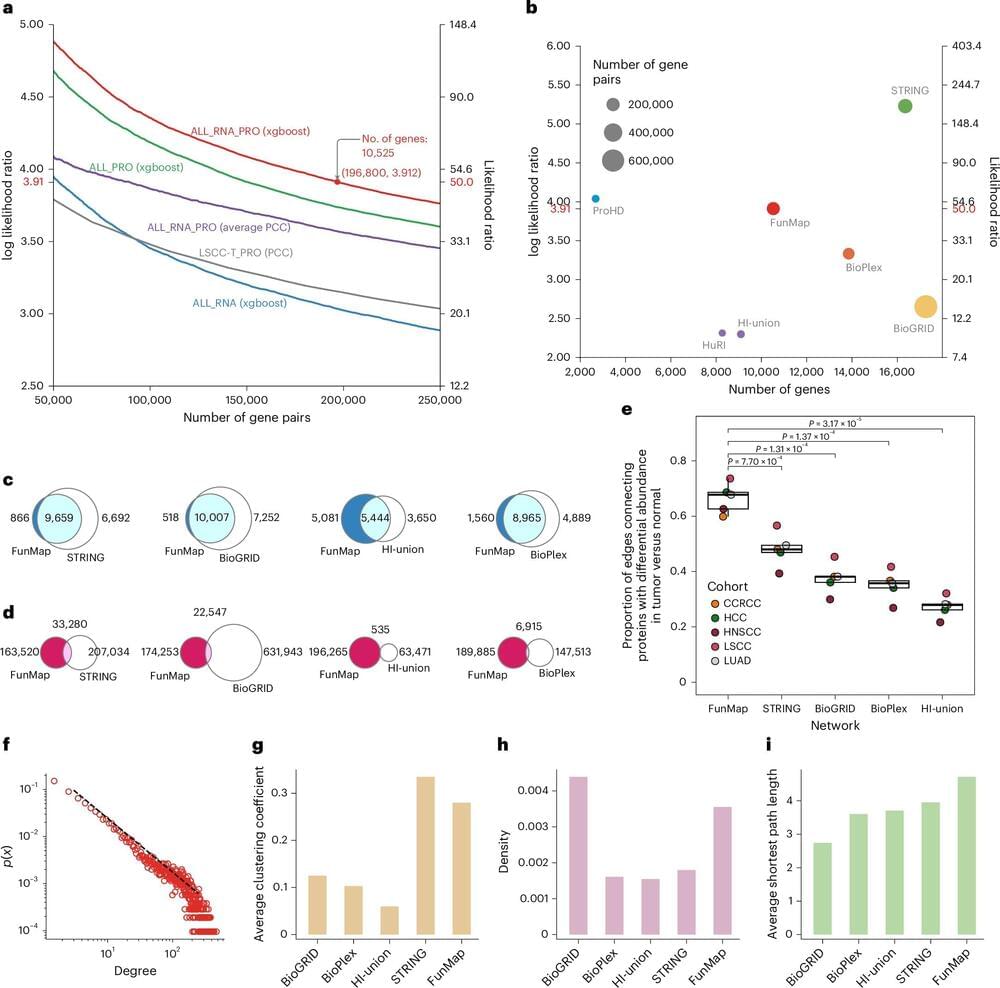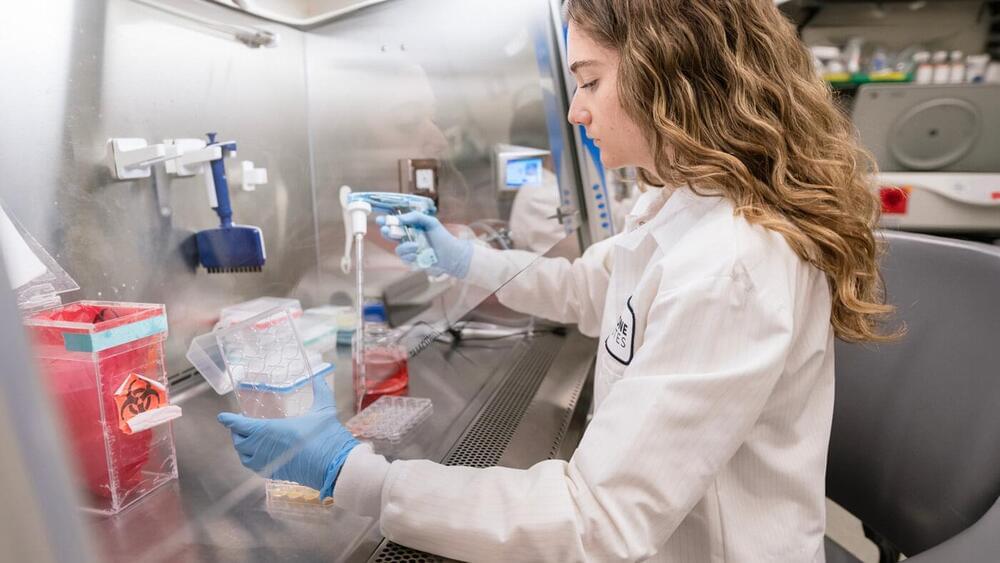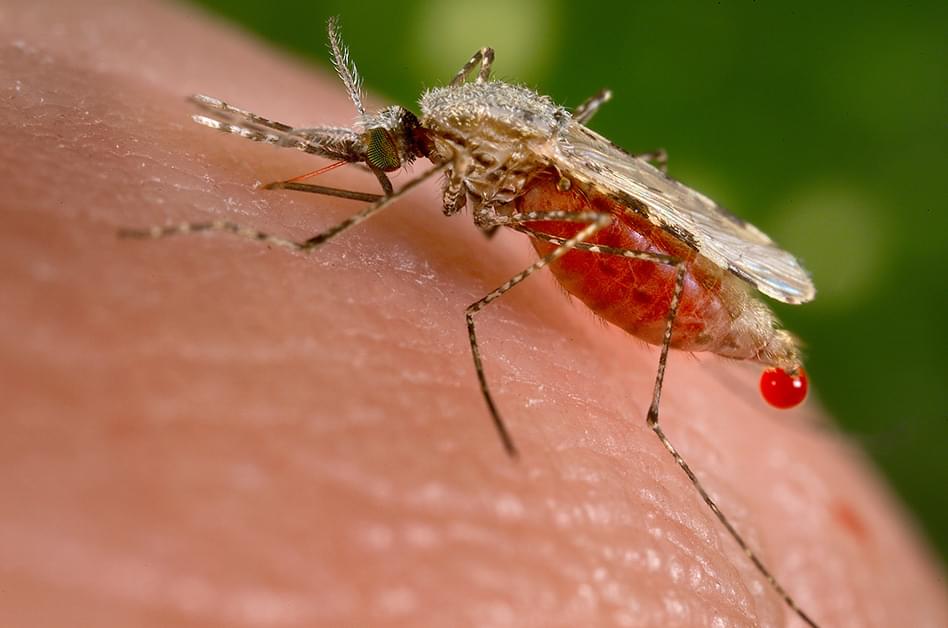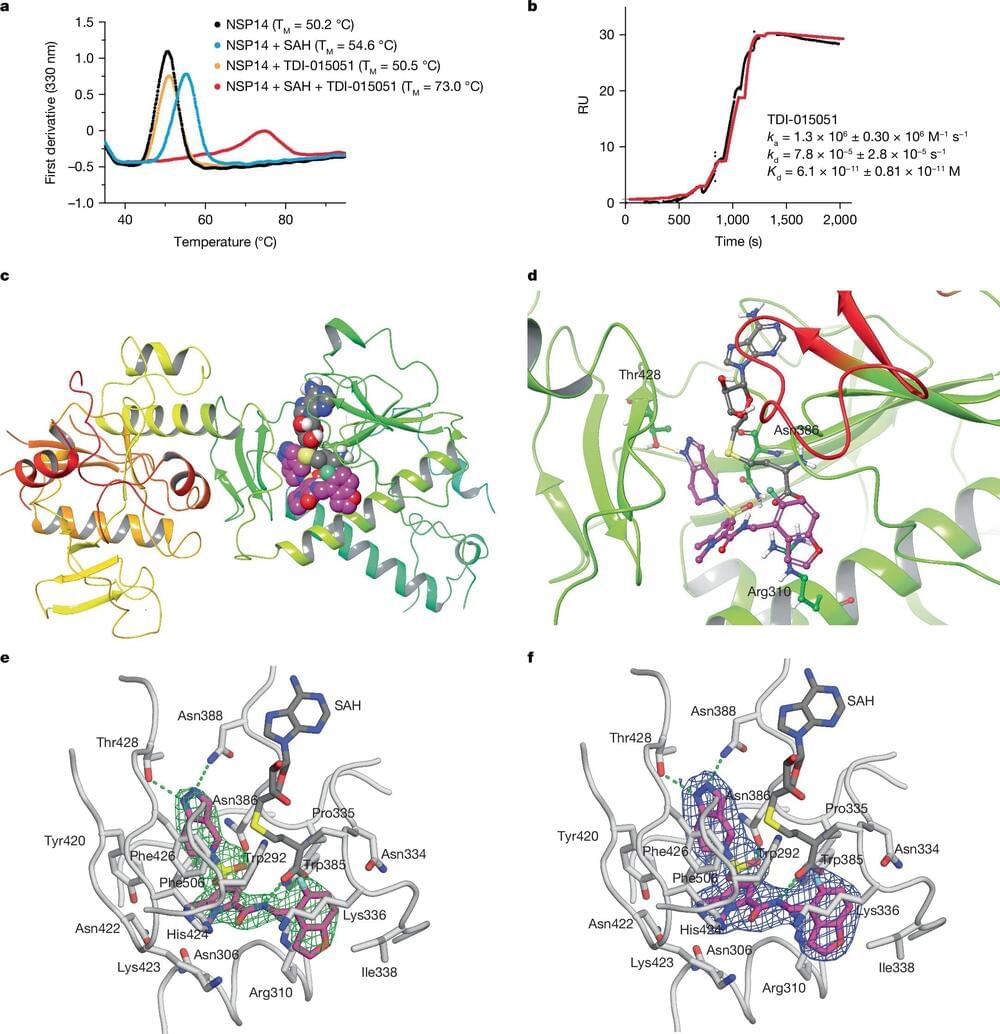
The arrival of Paxlovid in December 2021 marked another turning point in the COVID-19 pandemic—an effective antiviral that has since successfully treated millions. But like many antivirals before it, scientists know that at some point, Paxlovid is likely to lose some efficacy due to drug resistance. Researchers working to stay ahead of such emerging threats have now identified a wholly new way to treat SARS-CoV-2 infections—work that may have even broader implications.
In fact, a new study by the Tuschl laboratory introduces a proof-of-concept for a novel class of antivirals that would target a type of enzyme essential not just to SARS, but also many RNA viruses, including Ebola and dengue, as well as cytosolic-replicating DNA viruses, including Pox viruses. The findings may pave the way for a faster and more robust response to future pandemics.
“Nobody has found a way to inhibit this enzyme before,” says Thomas Tuschl, the F. M. Al Akl and Margaret Al Akl professor at Rockefeller. “Our work establishes cap methyl transferase enzymes as therapeutic targets and opens the door to many more antiviral developments against pathogens that until now we’ve had only limited tools to fight.”

